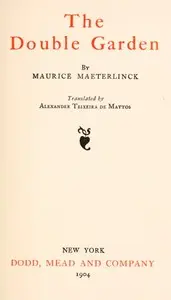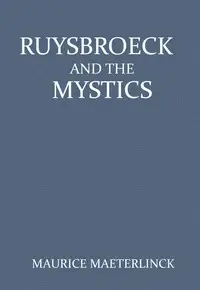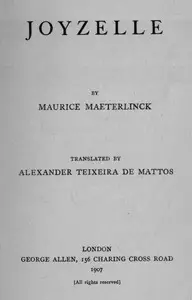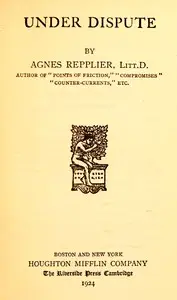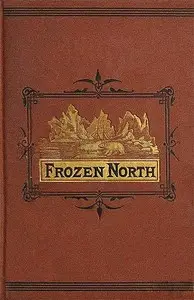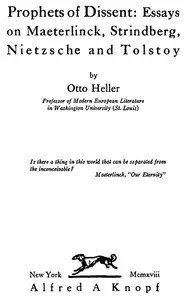"Death" by Maurice Maeterlinck is a philosophical treatise written in the early 20th century. It explores the complex concept of death, interrogating the fears and misunderstandings surrounding it, and prompting readers to reevaluate their perceptions of mortality and the afterlife. Maeterlinck invites a deeper contemplation of death, urging an understanding of it beyond common fears and societal norms. In this book, Maeterlinck argues that the agony associated with death arises not from death itself but from the prolonged suffering of life and the attitudes society holds towards its end. He critiques the medical and religious practices that prolong suffering and instill fear of the unknown after death. Throughout the chapters, he presents various philosophical perspectives on consciousness, survival, and the nature of infinity, ultimately suggesting that death should be viewed as a natural transition rather than a terrifying end. The work illuminates the misconceptions of death, advocating for a more enlightened and peaceful acceptance of this inevitable aspect of human existence. (This is an automatically generated summary.)
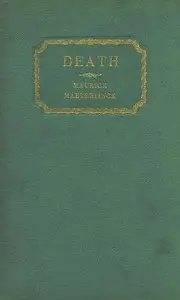
Death
By Maurice Maeterlinck
"Death" by Maurice Maeterlinck is a philosophical treatise written in the early 20th century. It explores the complex concept of death, interrogating ...
Maurice Polydore Marie Bernard Maeterlinck, also known as Count/Comte Maeterlinck from 1932, was a Belgian playwright, poet, and essayist who was Flemish but wrote in French. He was awarded the Nobel Prize in Literature in 1911 "in appreciation of his many-sided literary activities, and especially of his dramatic works, which are distinguished by a wealth of imagination and by a poetic fancy, which reveals, sometimes in the guise of a fairy tale, a deep inspiration, while in a mysterious way they appeal to the readers' own feelings and stimulate their imaginations". The main themes in his work are death and the meaning of life. He was a leading member of La Jeune Belgique group, and his plays form an important part of the Symbolist movement. In later life, Maeterlinck faced credible accusations of plagiarism.

